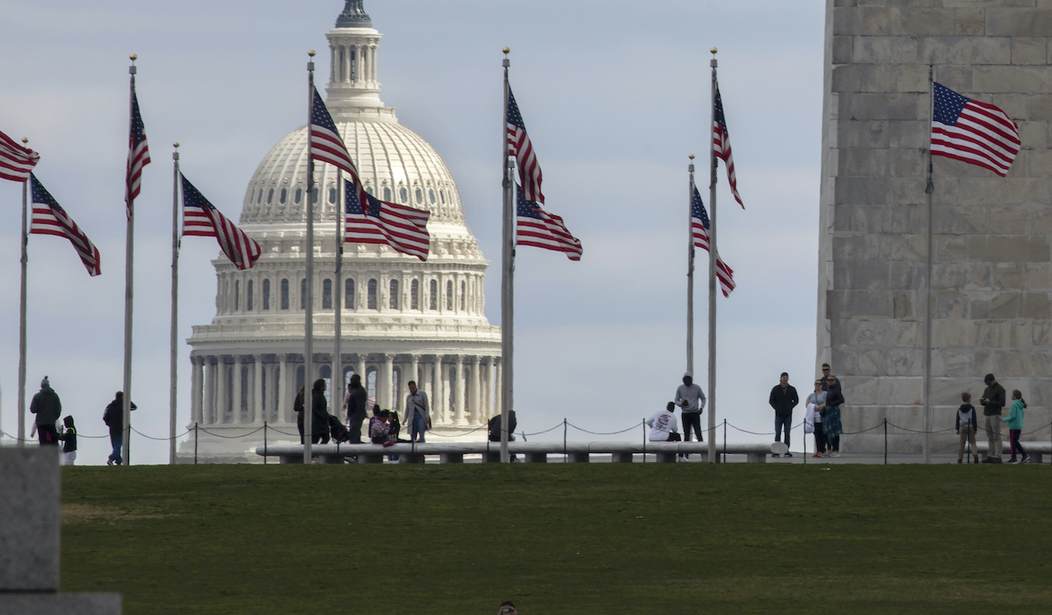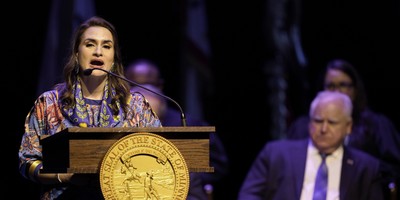The idea of a post-election active lame duck session of Congress undermines democracy. Congress is in the process of a very busy session that will tackle issues big and small. It is fundamentally undemocratic for Congress to address issues that are not a national emergency during a lame duck session, because non-emergency legislation should be considered by the next Congress. Recently elected Representatives and Senators should be held responsible for their votes.
There are several ethical problems with a lame duck considering run of the mill legislation. There are a large number of federal politicians who are not going to be on the ballot in the future who will vote on lame duck legislation. This makes it impossible for the voters to hold a member responsible for an unpopular vote which is the very reason some members of Congress love lame duck sessions. A lame duck Congress can shirk responsibility for bad lawmaking and overspending. Legislation that does not rise to the level of the coronavirus pandemic should either have been dealt with before the election or pushed for consideration in the new Congress.
Congressional scholars have made the case that the Congress’ regular use of post-election sessions is a dangerous pattern. James Wallner and Paul Winfree of The Heritage Foundation wrote in 2016, “barring exceptional circumstances or strict exigency, Congress should not consider any major legislation or presidential nominations during a so-called lame-duck session—that is, between each November election and January 3, when a new Congress forms. Doing so undermines representative government by weakening the accountability link between the American people and their elected representatives.” They argue that “increasingly, Members have planned on taking up controversial issues during lame-duck sessions in order to avoid explaining their votes to the electorate.” They are correct to make the case that the act of deliberately pushing controversial issues to a lame duck flies in the face of accountability.
Recommended
Accountability is the center-piece of our democratic republican form of government. When politicians conspire to push unpopular decisions to right after an election, they are acting like tyrants. The Tea Party was formed to put more pressure on government to reflect the will of the American people, yet some continue to use the tactics of the D.C. elites to hide decision making from citizens.
However, there are a handful of issues that do rise to the level of an emergency that need to be dealt with in this lame duck session. The Hill reports, “Congress has two major items left to finish: funding the government and trying to get a deal on a coronavirus relief bill as cases climb across the country and some cities and states reimpose restrictions to try to stop the spread.” The problem is that Congress has loaded up the agenda with crony legislation that clearly does not rise to the level of an emergency.
Just look at the agenda in the Senate Commerce Committee for this week as a case study on what not to do in a lame duck session. On the agenda for a markup is a “Duck Boat Safety” bill, “Protecting Tourism in the United States Act,” and “Protecting Seniors from Emergency Scams Act” among the thirteen bills scheduled. None of these bills are even close to emergencies and all can be handled by a new Congress in January. One has to ask why this committee waited until after the election to schedule a vote on these bills.
Another of the Commerce Committee’s scheduled bills is the “Contact Lens Rule Modernization Act.” This proposed legislation makes a significant change to the prescription release requirements on optometrists that will allow them to withhold a contact lens prescription from their patients to prevent them from buying contacts from someone other than the prescribing optometrist. The American Optometric Association (AOA) is pushing this change in law to allow a sign to be posted in an office as a substitute for the current automatic release of the patient’s prescription. A sign indicating your right to your prescription is not the same as being automatically provided a copy of your prescription and the AOA understands that. No rational person can argue that the proposed notice requirements are a national emergency on the level of the coronavirus or a possible federal government shutdown scenario. This proposed legislation is merely one example of cronies trying to sneak legislation through during a lame duck session that is expected to consider a number of similar crony bills.
Conservative politicians in Congress should watch free spending and retiring members closely so they do not take advantage of the lame duck session to pass unnecessary special interest legislation.

























Join the conversation as a VIP Member